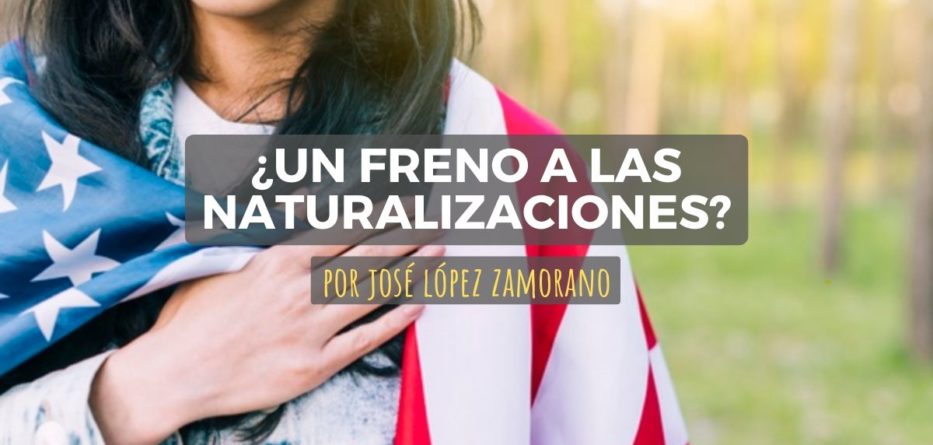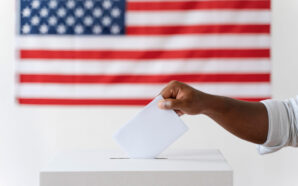The celebration of Independence Day commemorates the historic date on which the Second Continental Congress adopted the declaration of independence of 1776.
For millions of people living in the United States, the 4th of July commemoration is a patriotic holiday celebrated with parades, carnivals, picnics, and fireworks. But for many immigrants, the date has a unique connotation, as thousands of naturalization ceremonies are traditionally held throughout the country.
In 2019, for example, the United States Citizenship and Immigration Services (USCIS) welcomed 7,500 new citizens in more than a hundred naturalization ceremonies between July 1 and July 5. But this year’s outlook looks very different.
The National Partnership for New Americans (NPNA) has complained that the closings caused by the COVID-19 pandemic have caused a backlog of naturalization ceremony. Before the closings, there was a backlog of around 126,000 applicants who only required the final oath before becoming citizens.
The NPNA’s estimate is that 60,000 naturalization cases are added each month. If the situation is not resolved, around 300,000 people will not be able to become citizens in time to vote in the presidential elections on November 3.
Diego Iñíguez-López, director of policy and campaigns for the NPNA, brought up at a recent event that the USCIS has resisted conducting naturalization ceremonies remotely despite having the authority to do so.
To comply with social distancing recommendations, the USCIS held self-service ceremonies in some states, but may have to suspend them. The office notified Congress that they have a $ 1.2 billion gap, which could compel the USCIS to put three-quarters of their workforce on hold.
The NPNA estimates that a total lag of 645,000 naturalization processes already existed prior to the COVID-19 closings, a problem that could be exacerbated due to delays in completing the citizenship processes.
Naturalized citizens vote in higher proportion than citizens born in the United States, and the former tend to favor the Democratic party. So, a political reading yields a possible conclusion: The administration of President Donald Trump does not have an incentive to accelerate the naturalization processes.
The NPNA estimates that there will be 5.3 million new citizens eligible to vote in the November 3 elections compared to the existing ones in 2016, so they could constitute themselves into a voting bloc with the ability to alter not only local elections or but the United States presidency itself.
In Florida, for example, the difference in votes that Trump’s victory in 2016 gave him was 112,911. Since the last presidential election, more than 415,000 immigrants have become citizens in that key state. A similar story has occured in New Hampshire, Pennsylvania, Nevada, Arizona, Minnesota, and Wisconsin.
Hispanic voter registration and voter registration organizations agree that all obstacles to naturalization are part of a “second wall” by Trump, perhaps more impassable than the physical border wall. Therefore, many have redoubled efforts to ensure the largest Latino turnout in history on November 3.
For more information visit www.laredhispana.com.






